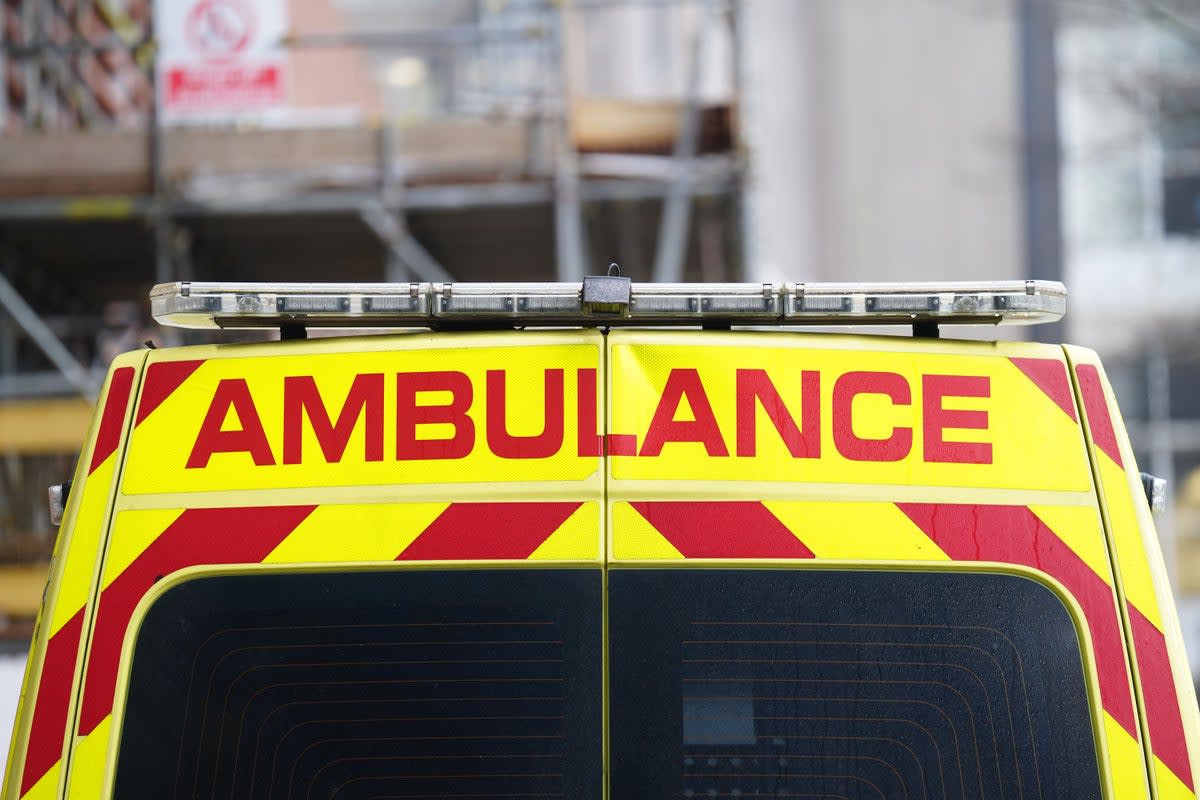NHS introduces specialist mental-health ambulances to provide better care

Over the next few years, up to 100 mental-health ambulances, with dimmable lights and serene interiors, will be deployed throughout England to help provide more specialised care and relieve A&E burdens.
The new vehicles are anticipated to be smaller and more unobtrusive, with subtle paint jobs, fewer markings, and smaller logos, as well as space in the back for the friends and relatives of an individual receiving care for mental illness.
Current conventional ambulances have a bright interior filled with equipment and plastered with logos, which some mentally unwell individuals may find overwhelming.
Although the new ambulances will be able to emit blue light, they are made to draw less attention when they arrive at an accident scene.
Less than five mental-health ambulances, established locally as part of successful trials, are currently in use countrywide.
The mental-health ambulances are part of the £150 million of funding for mental-health services the Government announced last year, with £7 million earmarked for the mental-health ambulance scheme.
Successful trials in Yorkshire and the East of England means all 11 ambulance trusts in the country will now get their own.
In order to provide more specialist care and a setting where patients are safe and less prone to worsen, police departments and medical professionals developed the mental-health ambulances.
The Government's £150 million mental-health initiative is expected to fund more than 30 projects, including more crisis centres and crisis cafés, where people who have not been sectioned can go to avoid having to go to A&E.
Health and Social Care Secretary Steve Barclay said: “These dedicated facilities will ensure patients experiencing a mental-health crisis receive the care they need in an appropriate way, whilst freeing up staff availability including within A&E departments.”
He added: “These schemes – along with the up to 100 new mental-health ambulances – will give patients across the country greater access to high-quality, tailored support when needed the most.”

 Yahoo News
Yahoo News 
